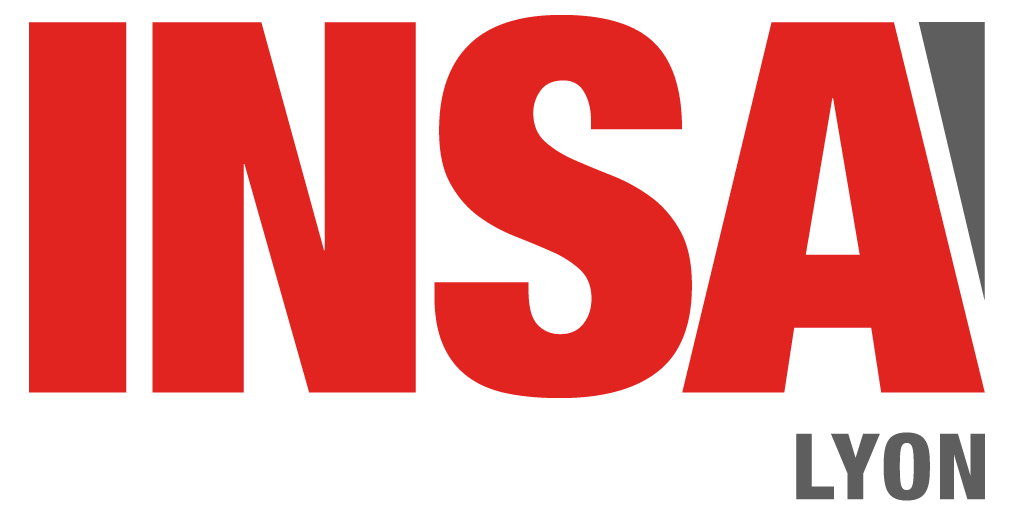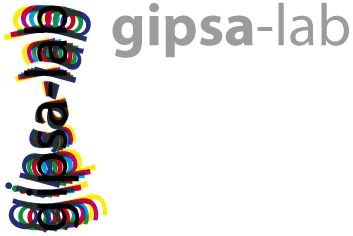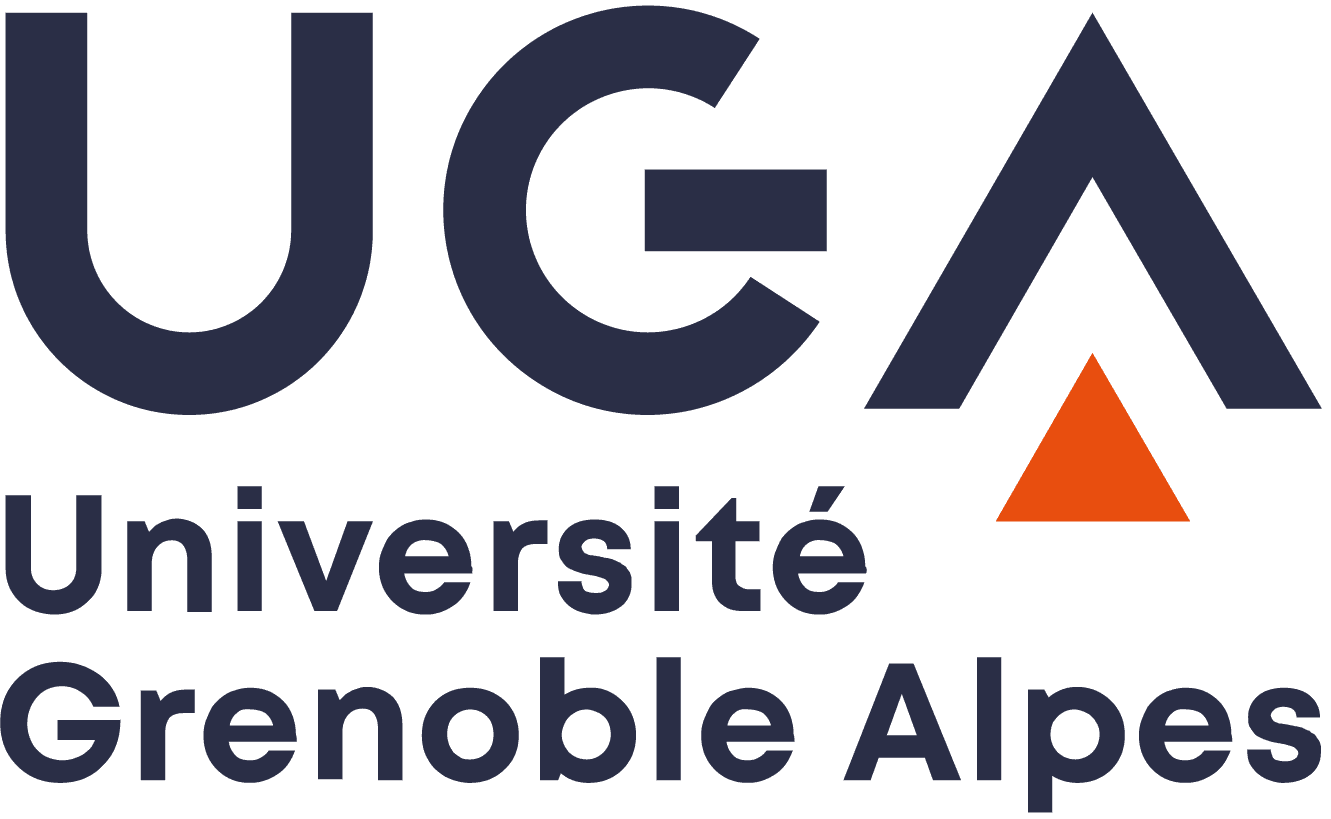RADYAL
🇬🇧 Resource-Aware DYnamically Adaptable machine Learning
🇫🇷 Apprentissage automatique dynamique s’adaptant aux ressources disponibles
Context and Objectives
Research on machine learning and Deep Neural Networks (DNN) has made considerable progress in the past decades. State-of-the-art DNN models usually require large amounts of data to be trained and contain a tremendous number of parameters leading to overall high resource requirements, in terms of computation and memory and thus energy. In the past years, this gave rise to approaches to reduce these requirements, where, for example, during or after training, parts of the model are removed (pruning) or stored with lower precision (quantisation) or surrogate models are trained (knowledge distillation) or where the best configuration is searched by testing different parameters (Neural Architecture Search, NAS). Also, concerning the hardware, many optimisations have been proposed to accelerate the inference of DNNs on different architectures. But these accelerators are usually specific to a given hardware and are optimised to satisfy certain static performance criteria. However, for many applications, the performance requirements of a DNN model deployed on a given hardware platform are not static but evolving dynamically as its operating conditions and environment change. Thus, in this project we propose an original interdisciplinary approach that allows DNN models to be dynamically configurable at run-time on a given reconfigurable hardware accelerator architecture, depending on the external environment, following an approach based on feedback loops and control theory.
Team
Consortium
 | LIRIS / INSA Lyon | Stefan Duffner (Project Coordinator) |
| Inria / IRISA | Marcello Traiola | |
  | GIPSA-lab / UGA | Bogdan Robu |
Project identity
- Starting date: September 2023
- Duration: 42 months
- Grant number: ANR-23-IAS3-0002
- PRC – Projets de recherche collaborative

